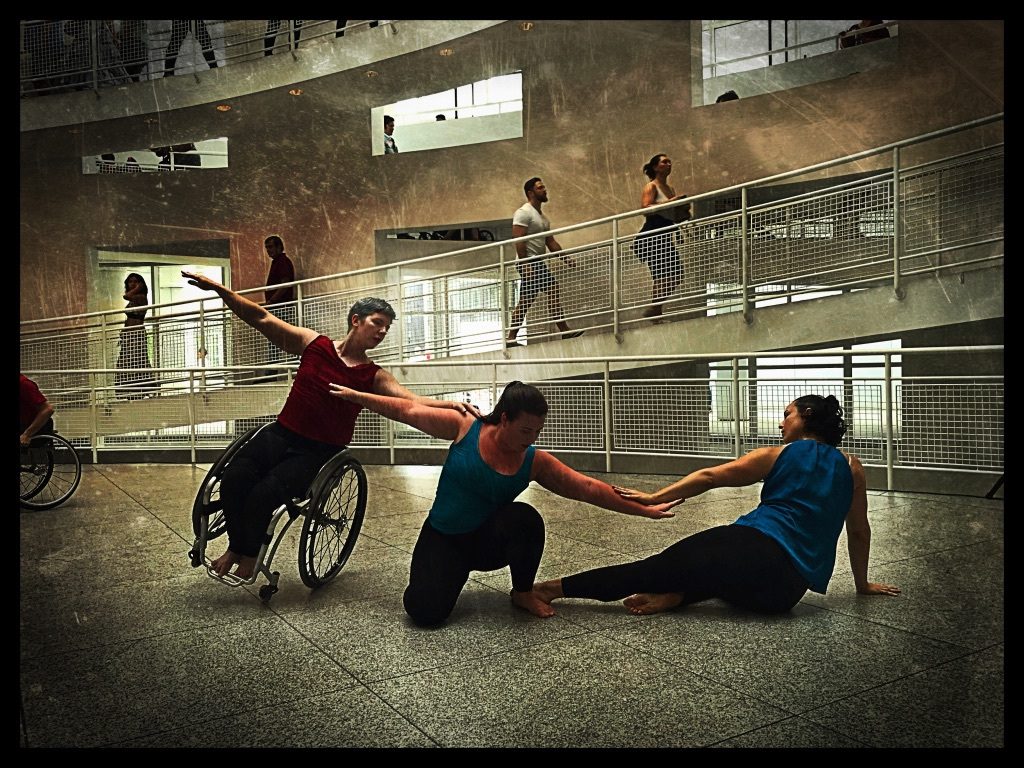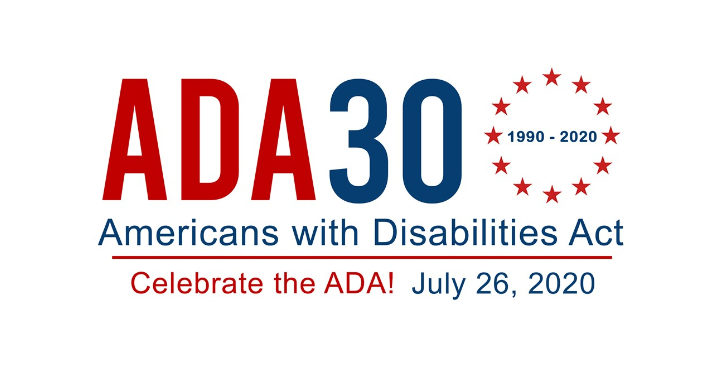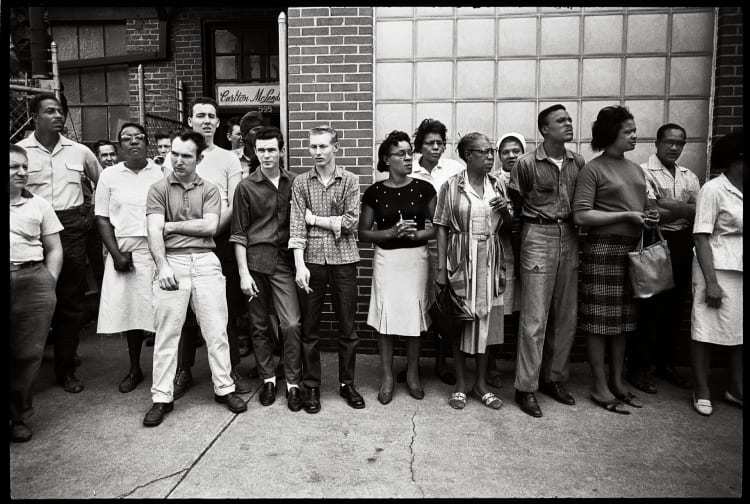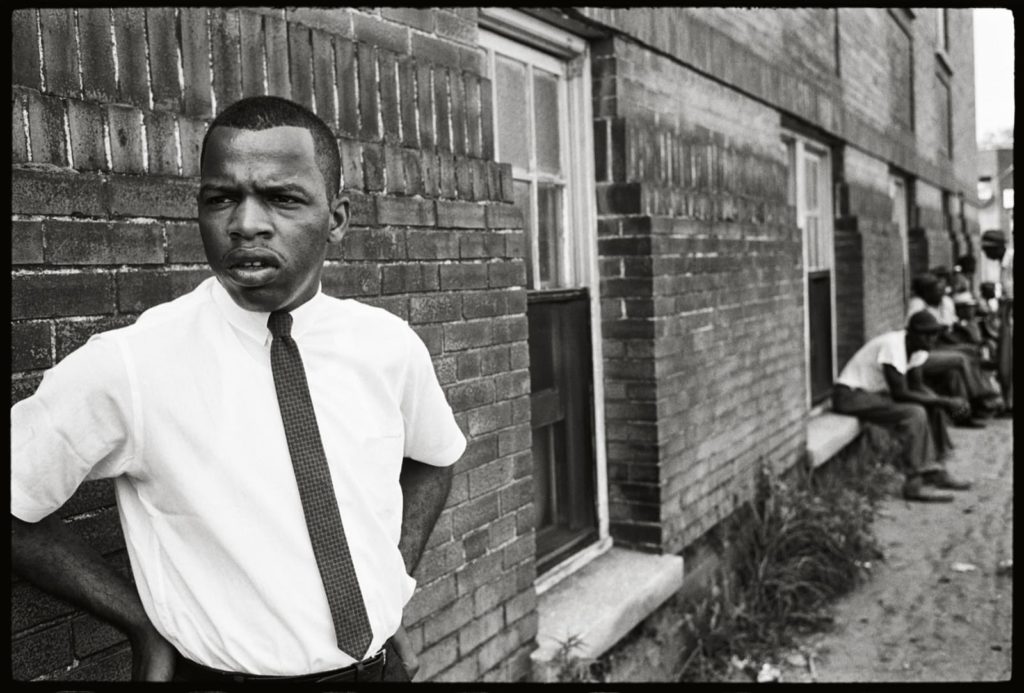Can Swearing Be Professional and Patient-Centered?

Exploring the Role of Swearing in the Physical Therapy Clinical Setting by Nicholas B. Washmuth and Adam Meakins, et al, shines a light on a somewhat taboo subject. Is swearing ever appropriate in the physical therapy clinic? Might it actually help give a patient added strength and endurance during a difficult regimen? And what if the physical therapist curses to indicate empathy toward a patient’s challenges? The authors present evidence that some swearing may indeed produce ‘hypoalgesic’ effects in patients, such as increased pain tolerance and compliance.
Considerations for Addressing Cisgenderism and Heterosexism in Canadian Outpatient Physiotherapy Clinics

This thought-provoking article by Elizabeth Houdling-Braunberger and Colleen Greasley, et al, presents the results of interviews with individual patients and practitioners regarding Queer and
Trans health issues in physiotherapy clinics throughout Canada. The authors offer guidelines for change at three levels: the micro (individual clinics); meso (physiotherapist training and practice); and macro (community activism), to address specific inequities and improve overall
healthcare for patients adversely affected by cisgenderism and heterosexism.
How Art Embodies Story: An Exploration of Basquiat Through a Physically Integrated Dance Performance

Melissa McCune reports on a recent dance project of Full Radius Dance—a company that integrates disabled and non-disabled dancers—which interpreted the works of artist Jean-Michel Basquiat. As a child, Basquiat experienced a debilitating injury that greatly influenced his art. Encountering groundbreaking works such as these, McCune explains, can help clinicians look beyond basic anatomy to see the “layered nature” of pain and disability.
What’s at Stake With Biomusic? Ethical Reflections on an Emerging Technology

Biomusic, emerging technology that translates physiological signals into sound/musical output may offer utility as an assistive technology for people with autism. The authors explore a variety of perspectives in humanities and social sciences to reflect on the ethical issues at stake with the use of biomusic in rehabilitation.
Perspectives On ‘Person-Centeredness’ From Neurological Rehabilitation and Critical Theory: Toward a Critical Constellation

Jenni Aittokallio, PT, MH and Anna Ilona Rajala, PT, MA explore in-depth the concept of person-centeredness in healthcare and rehabilitation. As a part of their research, they interviewed recipients of neurological rehabilitation, to determine what in their treatment had been truly meaningful for them. The authors suggest that person-centeredness is best viewed as encompassing a complex constellation of factors and issues surrounding each unique patient.
The Americans with Disabilities Act (ADA): Honoring 30 Years of Civil Rights Protections

July 26, 2020 will mark the 30th Anniversary of the Americans with Disabilities Act (ADA), which was signed into law by President George H.W. Bush in 1990. The ADA National Network, which provides information, guidance, and training on the Americans with Disabilities Act (ADA), is celebrating the act’s 30th anniversary with programs and events throughout the year and on its actual anniversary in July. Read this article to learn more about the ADA 2020 anniversary event and other resources.
Toward True Equity: A Call for Further Revisions to the ADA

In a timely and important editorial, Jamie Fleshman, SPT calls for new amendments to the Americans with Disabilities Act. She identifies a critical contributor to American disability: the continued inaccessibility of public spaces. Attention must be drawn, she argues, to an American infrastructure that has been constructed for “a certain set of abilities,” and is profoundly outdated.
Exploring How Racism Structures Canadian Physical Therapy Programs: Counter-Stories From Racialized Students

The authors of this study conducted in-depth interviews with racialized students or recent graduates of Master’s-level physical therapy programs in Canada. The students described their experiences of white culture, and how well-meaning fellow students simply weren’t aware of the institutionalized racism around them. In compelling quotes, the students detail their feelings of frustration and resignation based on repeated exposure to race-related stereotypes.
Fostering Hope and Coping While Living With Lymphedema: A Visual Narrative for Engaging Cancer Survivors and Caregivers

With compelling quotes from participants, and links to their groundbreaking video, these authors relate the fundamental impact of a series of workshops they developed to help cancer survivors live with lymphedema. The lymphedema video is “an accessible tool for patients, caregivers, students, and healthcare professionals,” they note. “We echo the participants’ hope that it will encourage dialogue between health professionals and patients.”
The Persisting Values of Humanism, Integrity, and Truth-Seeking

Presenting the Fall 2020 issue of JHR to readers, Editor-in-Chief Sarah Blanton looks deeply into the role of humanities in healing and inspiring a nation facing challenges both physical and societal. Remembering the last words of Representative John Lewis urging Americans to “stand up, speak up and speak out,” Blanton pledges the commitment of JHR to presenting narratives, both personal and collective, that encourage fundamental healing. She introduces with this issue a themed series dedicated to topics of social justice as well as the experiences of people caught in the COVID-19 pandemic. “We believe, in moments like these, that the next right step begins with seeing each other more clearly and using the humanities as a conduit for exploring the lived experience of others.”

